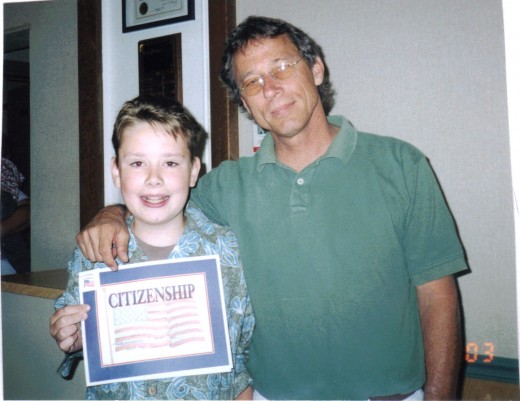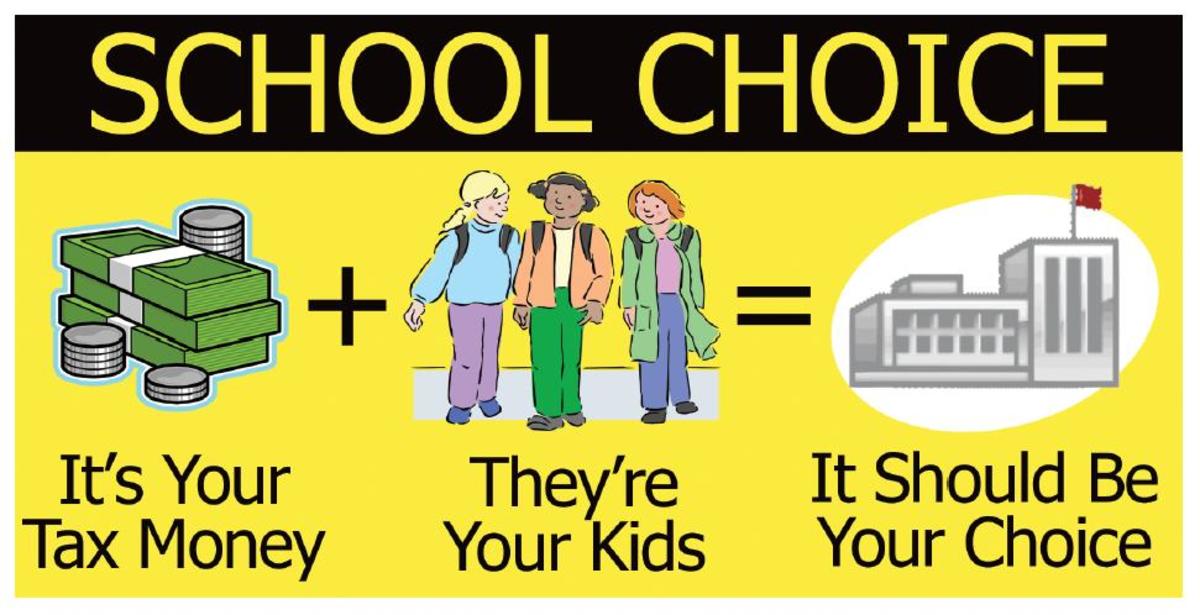A Terrible School

There are seven of us seated at the conference table. We are in a classroom converted to a conference room in a recycled high school built before the earthquake building code in California in 1968. Masonry schools and schools that are more than one story were outlawed as public schools in California upon enactment of the earthquake code. There are many schools in California built prior to 1968 that have been converted for other uses or have special waivers due to different staff/student ratios or other reasons. Seated at the table in addition to Fritz and me are: our agency social worker, Corinne, the school psychologist, the director of special programs with the County board of education, the administrative assistant to the principal, and the principal who looks more like a banker and appears out of place in this classroom/conference room. Fritz does not want to be at this school and I have promised to do what I can to get him into another school. This is a private school and the school staff is arguing Fritz’ readiness to move on.
As a parent with some understanding of special needs children and the services they are legally entitled to, plus my knowledge acquired as a school board trustee; I know there are other options. I also suspect that this school is costing Fritz’ home district more than $4500 per month for Fritz to attend. I do not know what happened to get Fritz into this school. Foster Parents do not get complete histories of foster children and social workers and other system members frequently only know what has been officially filed. Fritz has told me that students are “restrained” by big men against the wall in a special room and I have learned that his teacher does not have a teaching certificate.
The principal, school psychologist, and the teacher present their arguments in favor of Fritz staying at his current school. Fritz is given an opportunity to speak. He volunteers that he is not learning in this school and that he has never behaved as badly as the other students and he doesn’t think he should be here. He did an excellent job for an eleven year old boy and demonstrates that he is articulate and well mannered. I give him a little “thumbs up.” Then it is my turn to speak. I do not want to discuss Fritz’ behavior before I knew him. I simply say that I am currently Fritz mother and I do not wish him to attend this school, I want him placed in a public school as soon as possible. The director from the County Board of Education says that Fritz will have to “transition” back into a regular classroom, but there is a program suitable for him in a school in my neighborhood. It will take several weeks to arrange a placement and she will start on it right away. The principal says that it appears Fritz will be ready to graduate from this program in the next few weeks. We all agree that Fritz must behave very well in the next few weeks for this to go forward. He smiles and promises to work hard. The principal and Corinne leave and the rest of us remain to finalize the transition process.
A casually dressed man enters the room. “Dad!” Fritz exclaims. He is clearly pleased to see his father. The rest of us at the table know this man is responsible for the broken femur of his other son, Daniel. We are stunned, and I am sure, by look on the faces of the other attendees, we all believed him to be still incarcerated. He introduces himself, shakes my hand, and thanks me profusely for taking care of his sons. Fritz’ father is given time at the table to discuss his desires for his son which happen to be exactly what we are all working on. Fritz is sent back to his class and his father leaves without incident.
We are a bit unnerved by presence of Fritz’ father, but he was gracious, respectful and had a right to be there as a parent. Evidently, Fritz’ mother received notice of this meeting and since the father had been released from jail, she asked him to attend.
At the conclusion of the meeting, the woman from the County Board of Education takes me aside and informs me that I need to get Fritz’ educational rights signed over to me by his mother. This is an unexpected assignment, but I take the document. I get the mothers phone number from Corinne and we agree to meet so I can get her signature. She also thanks me for caring for her sons, and assigns his educational rights to me without question.







